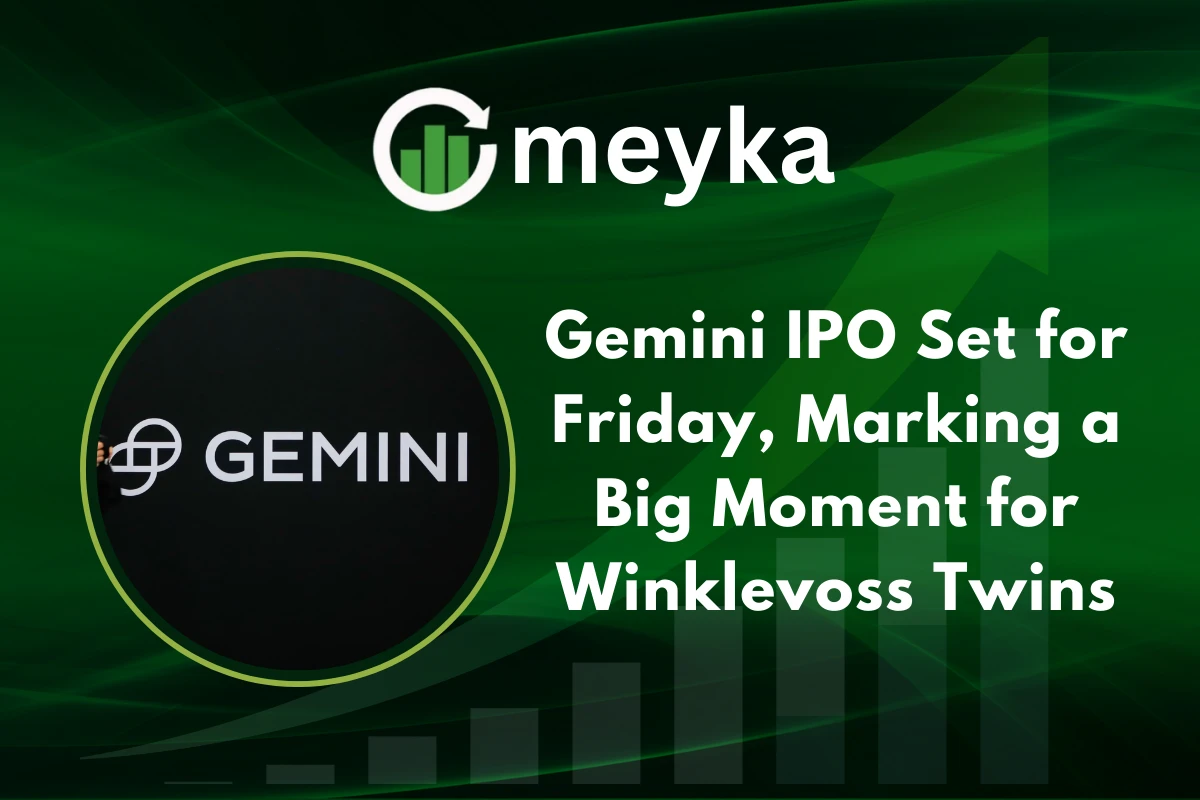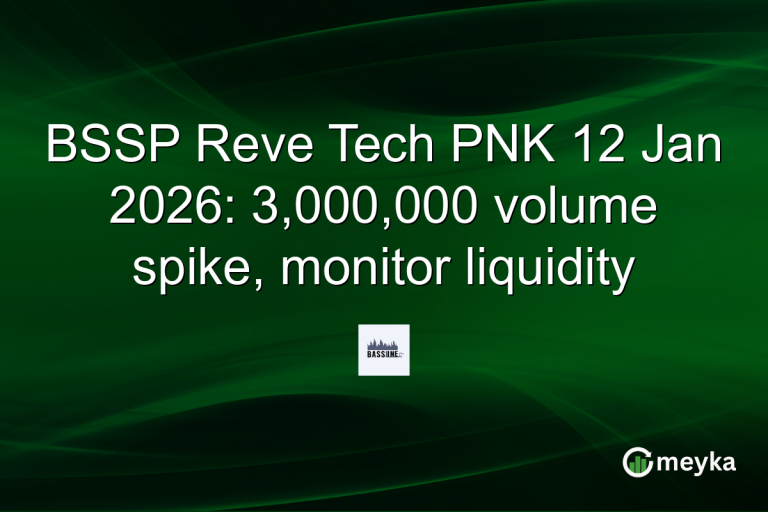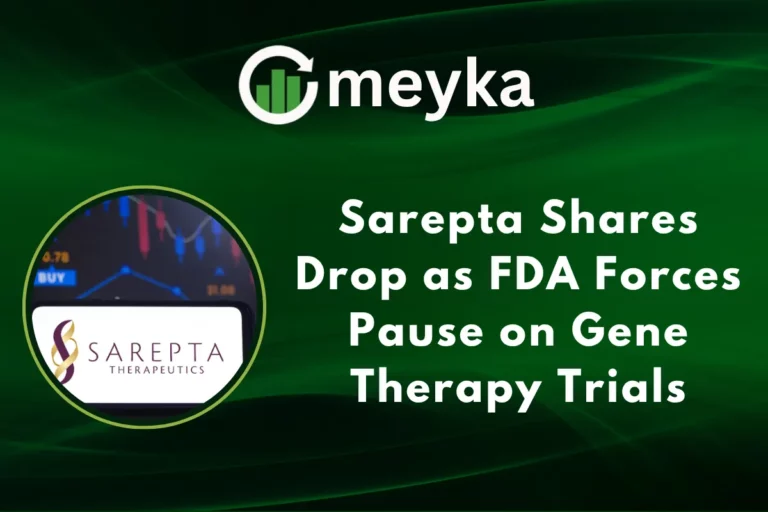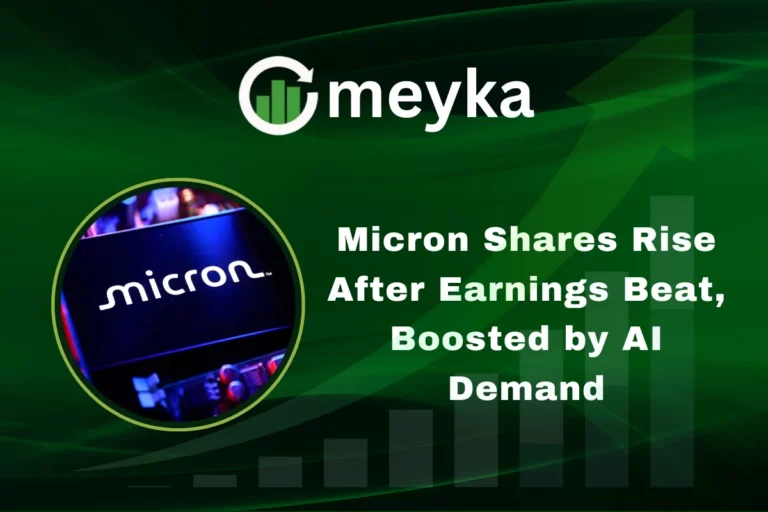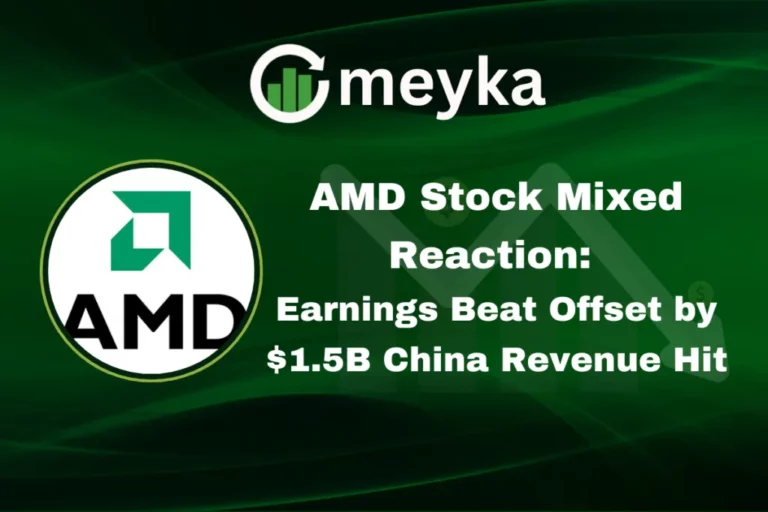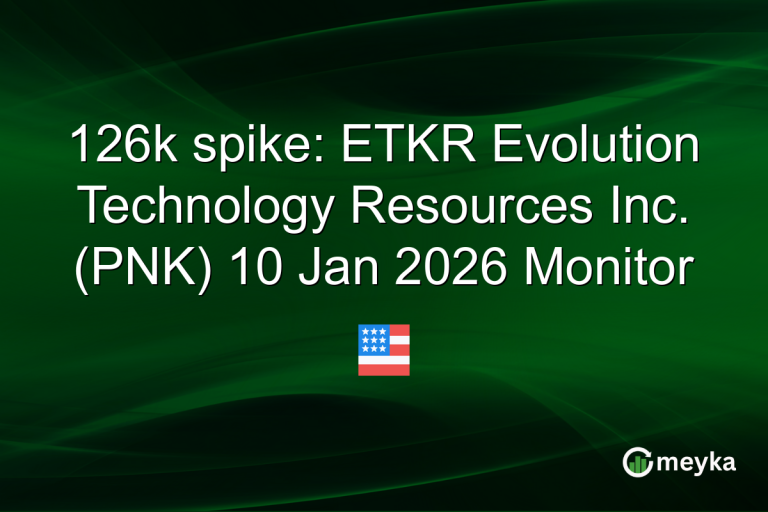Gemini IPO Set for Friday, Marking a Big Moment for Winklevoss Twins
Gemini IPO is poised to be one of the most watched crypto listings this year. The exchange, led by the Winklevoss twins, priced its offering at $28 a share, raising roughly $425 million in an offering that drew intense investor demand. This debut spotlights renewed investor appetite for crypto-related stocks and could tilt how public markets view digital-asset businesses.
Gemini IPO: What Investors Need to Know
The Gemini IPO priced above its marketed range after the company increased the range earlier in the week. About 15.2 million shares were sold, valuing the company at roughly $3.33 billion on a non-diluted basis. The company will begin trading on Nasdaq under the ticker GEMI on Friday. These moves reflect strong demand and a cautious approach from the company to cap proceeds.
Why is the IPO priced above the range? Because demand outpaced supply. Sources say the offering was oversubscribed more than 20 times, forcing Gemini to raise its target and later cap proceeds at a set amount. That oversubscription shows deep institutional and retail interest in crypto-facing public companies.
Why the Winklevoss Twins’ IPO Matters
The Winklevoss twins, Tyler and Cameron, are among crypto’s earliest and most public investors. They helped found Gemini in 2014 and built it into a regulated exchange that emphasizes compliance and custody services.
The Gemini IPO tests whether that regulatory posture and brand trust can convert into public-market valuation and growth. For many investors, the twins’ credibility adds experience and authority to Gemini’s public debut.
How did Gemini build its reputation? By focusing on regulatory engagement, custody for institutions, and user protection, positioning itself as a more conservative, compliance-forward exchange compared with early crypto rivals.
Market Reactions to the Gemini IPO
Markets reacted quickly to the news. Analysts pointed to heavy demand for the IPO book and to strong performances by recent crypto-linked listings as evidence of renewed appetite. This momentum also saw Nasdaq invest $50 million through a private placement tied to the offering, signaling exchange-level support for Gemini’s public debut.
What did social media say?
Trader posts and analyst threads emphasized the oversubscription and pricing as bullish signs, while other commentators flagged regulatory uncertainty as a caution. Early social posts amplified investor interest and shaped the narrative ahead of trading.
Gemini IPO: Pricing, Oversubscription and Trading Details
Gemini IPO pricing details
It is priced at $28 per share, above the marketed $24–$26 range, which itself had been lifted from an earlier $17–$19 band. The company sold approximately 15.2 million shares, and despite demand exceeding supply by a wide margin, the issuer capped the offering at $425 million, rather than letting the final tally run higher. Analysts say such caps can stabilize early trading while preserving upside for long-term holders.
Morningstar and other outlets note that net proceeds to Gemini may be lower after fees and expenses; Morningstar’s coverage estimated net proceeds around $272.3 million, with an option to increase via an over-allotment if exercised. That nuance matters for how much capital Gemini actually gains for growth and operations.
Is Gemini’s valuation big for a crypto exchange? At roughly $3.33 billion non-diluted, Gemini’s valuation is meaningful, particularly for a U.S.-based regulated exchange. It sits alongside other recently public crypto-adjacent firms that have tempted strong investor interest.
What Analysts Say About Gemini’s Future
Gemini IPO analyst views
Analysts are weighing growth potential against regulatory and profitability risks. Coverage from Barron’s and other financial outlets warns that while investor enthusiasm is strong, many recent IPOs showed mixed fundamentals and volatile early trading. For Gemini, the task will be to convert investor optimism into stable revenue growth and clear pathways to profit.
Will SEC scrutiny matter? Yes. Gemini faces legacy regulatory questions, including prior SEC attention to product programs. The IPO makes those risks more visible and could influence early trading volatility and investor sentiment.
Broader Impact on Crypto Adoption and the IPO Market
A successful Gemini IPO could act as a green light for other crypto infrastructure firms considering public listings. It signals that regulated, U.S.-based crypto companies can attract capital and investor interest, if they show compliance and clear business models. Financial coverage suggests this deal may encourage more capital formation for crypto firms and spur a wave of targeted IPO activity.
What about other recent crypto listings? Recent debuts like Figure have shown both strong investor interest and sharp early moves in price, underscoring that outcomes depend on execution and market sentiment. Such cases offer a preview of the possible paths Gemini might face.
Use of Proceeds and Company Plans
Gemini said the offering will fund growth initiatives, including product development, platform resilience, and potential international expansion.
With net proceeds estimated in the low hundreds of millions, management will need to prioritize investments that strengthen user trust and the platform’s regulatory posture, a message that appeals to conservative institutional buyers.
Conclusion
The Gemini IPO is a high-profile test of investor appetite for crypto infrastructure as a publicly traded asset class. Priced at $28 and heavily oversubscribed, the listing reflects renewed investor interest in regulated crypto firms.
Still, regulatory scrutiny, execution risk, and the need for clear profitability will shape the longer-term story. Investors should watch early trading, quarterly results, and user metrics closely, Friday’s debut could reshape the pathway for crypto firms seeking capital in public markets.
If Gemini delivers clear growth and strong compliance, it could lower the cost of capital for other crypto startups and help mainstream adoption. Looking ahead, investors should track Gemini’s first quarterly results and user metrics. The listing may set a benchmark for how the market values regulated crypto platforms.
FAQ’S
Yes, the Gemini IPO was oversubscribed more than 20 times, showing strong investor demand.
It’s the public listing of Gemini, a crypto exchange founded by the Winklevoss twins, debuting on Nasdaq.
They invest mainly in cryptocurrency ventures, blockchain projects, and digital asset infrastructure.
Gemini is owned by Tyler and Cameron Winklevoss, the twin entrepreneurs behind the platform.
India’s Reliance Power IPO in 2008 was oversubscribed about 400 times, a global record.
Saudi Aramco’s 2019 IPO is considered the most profitable, raising over $29 billion.
No, Gemini AI is not a listed stock; only Gemini exchange shares are offered in the IPO.
No, Gemini is independently owned by the Winklevoss twins, not by Google.
Buying IPO shares can offer growth opportunities but comes with high risks and volatility.
Disclaimer
This is for informational purposes only and does not constitute financial advice. Always do your research.
